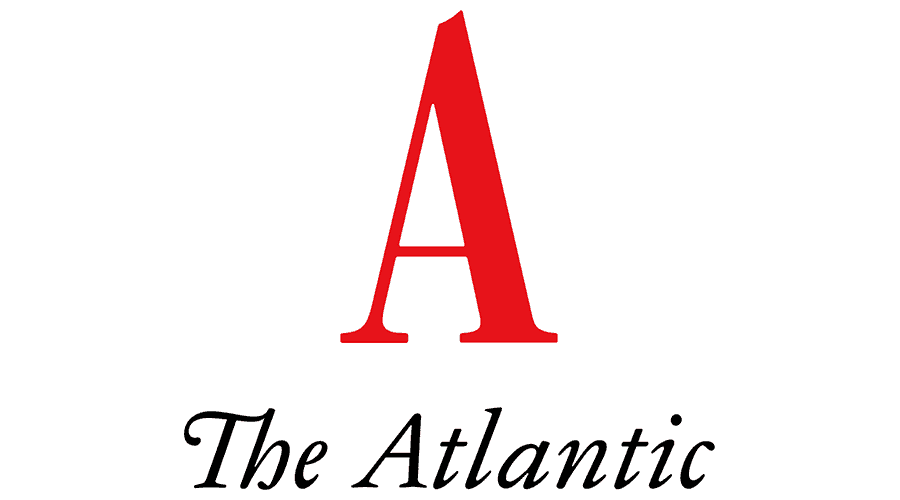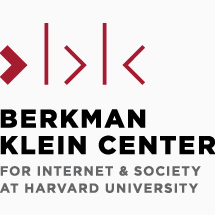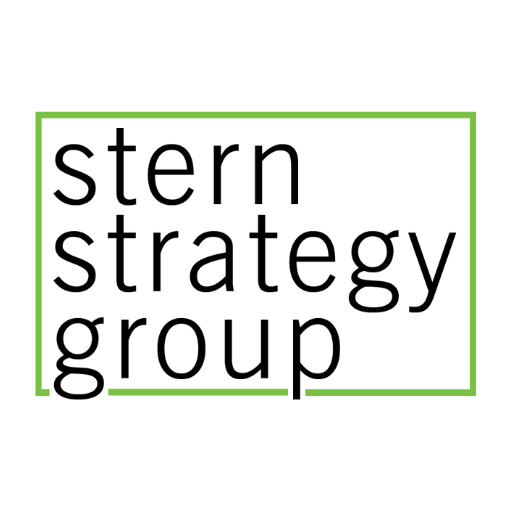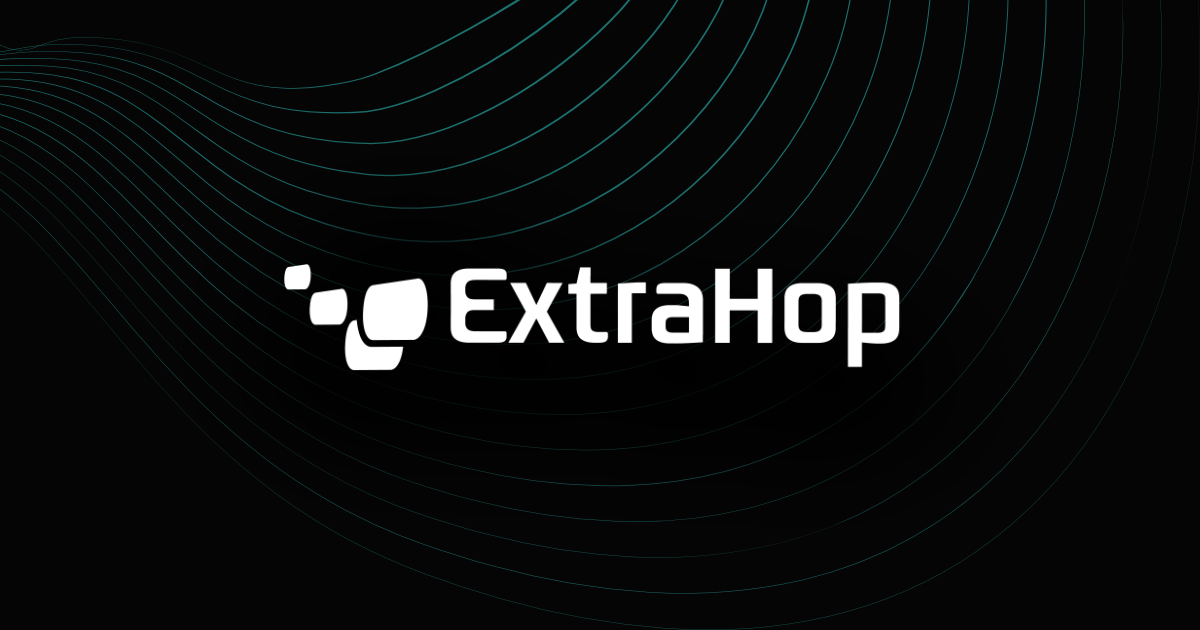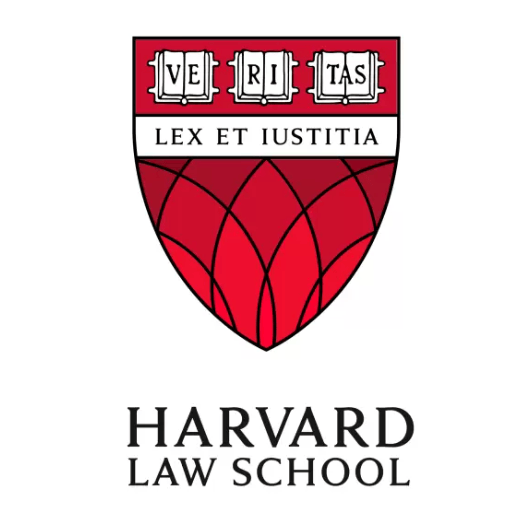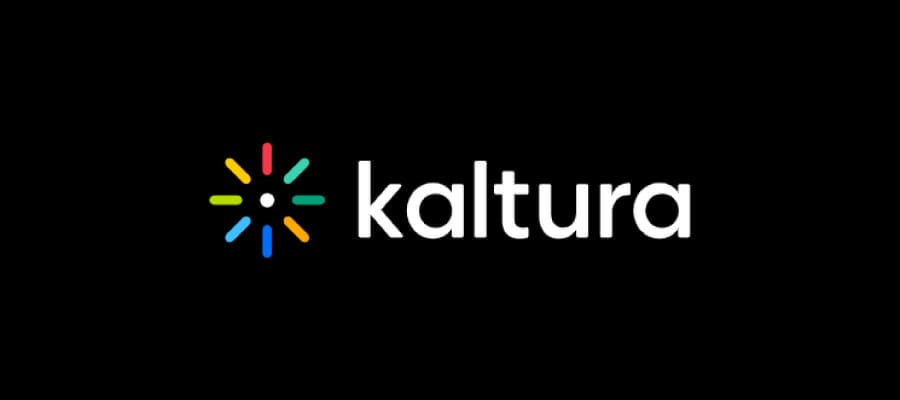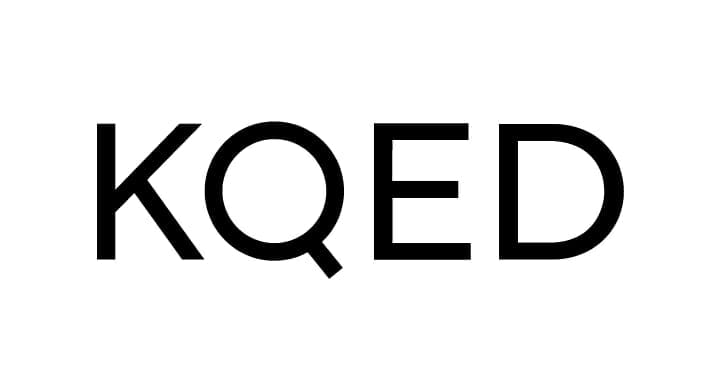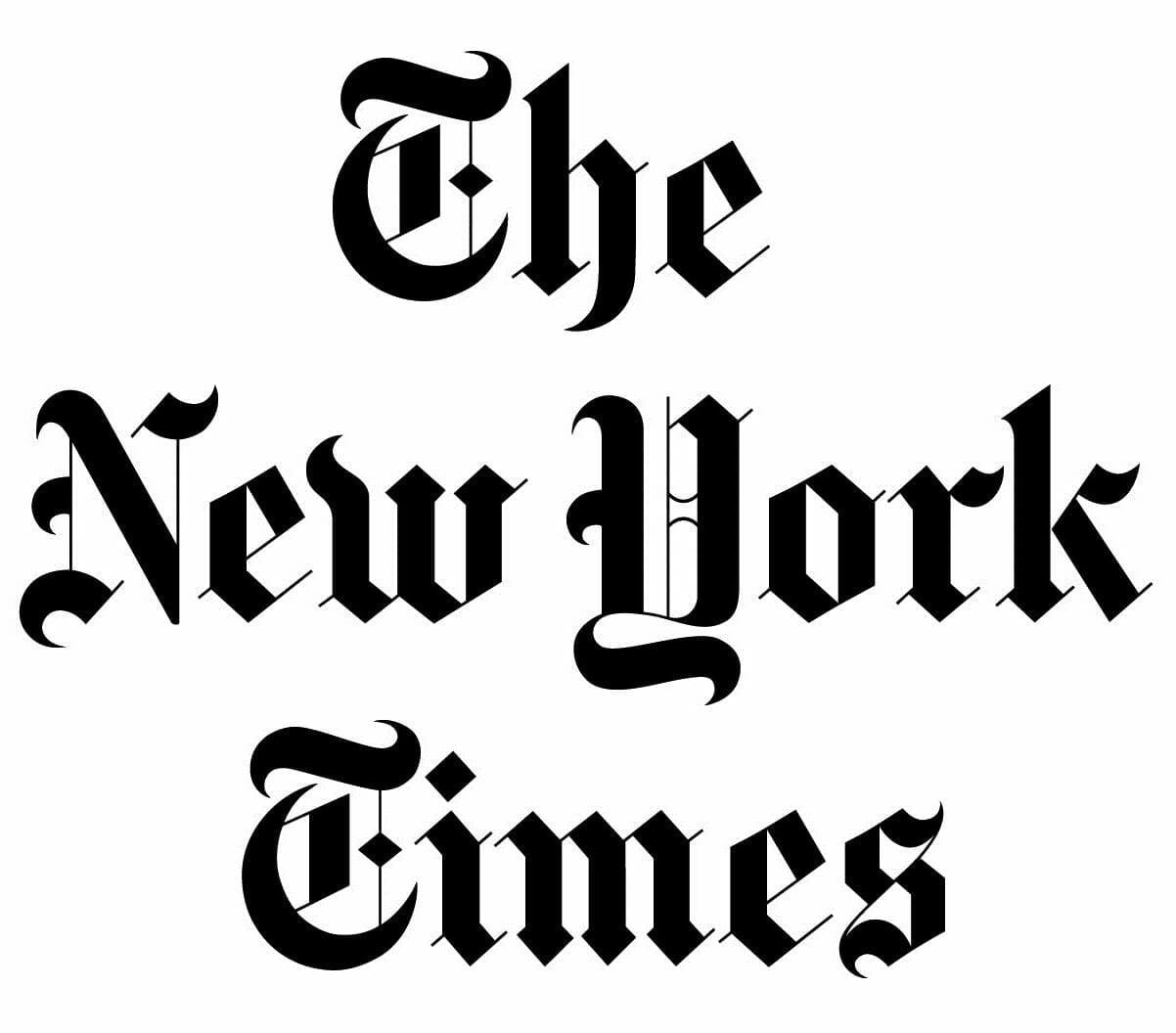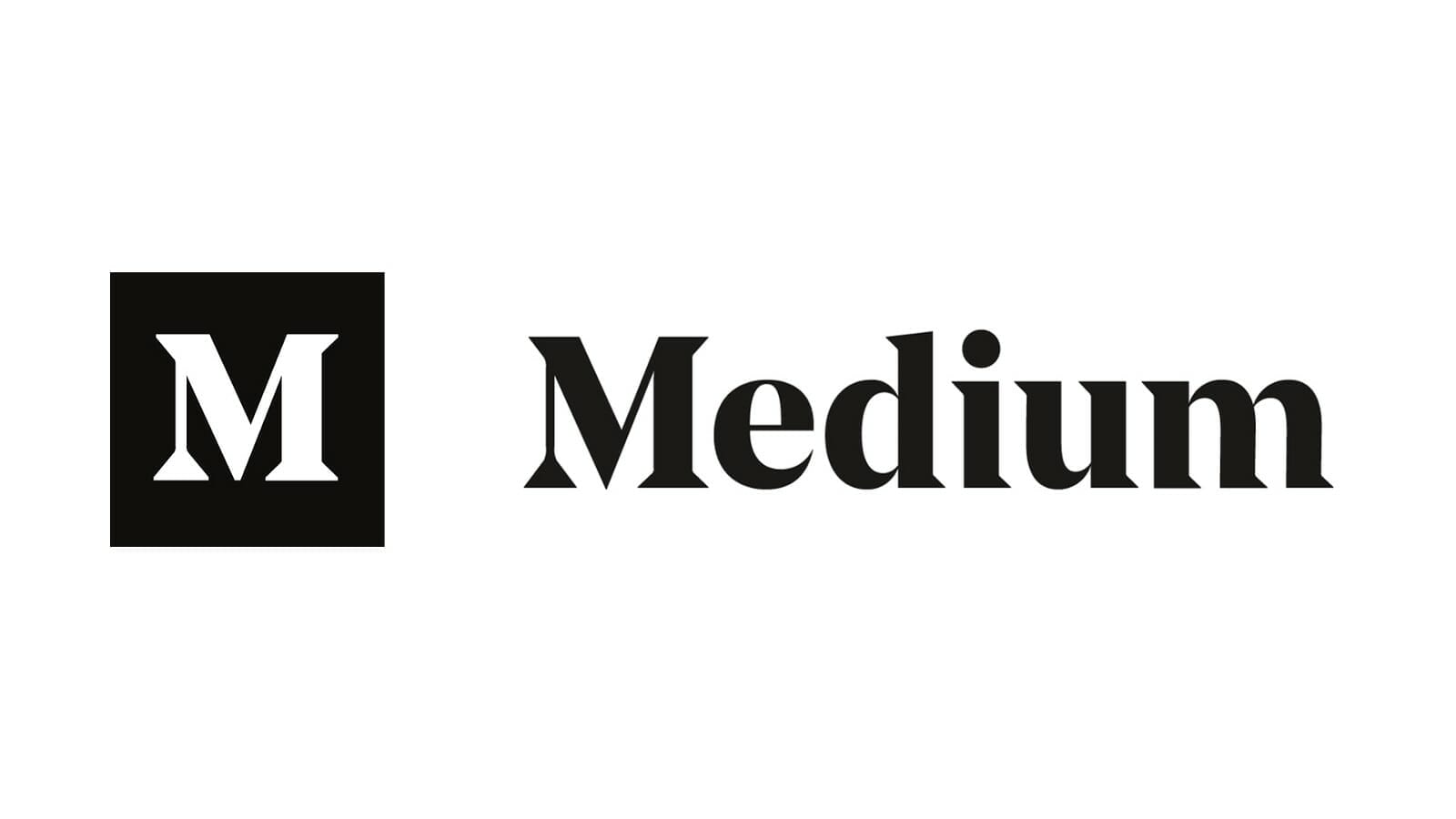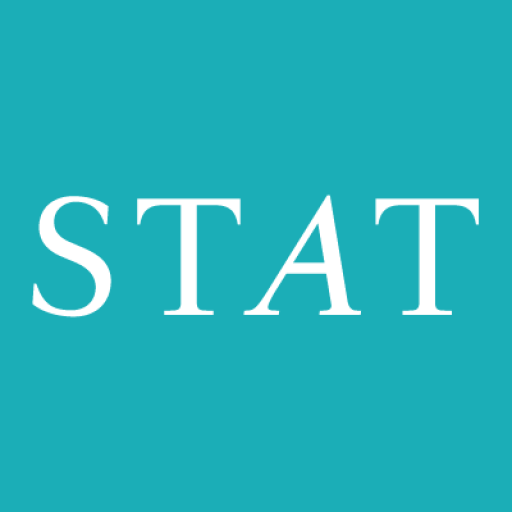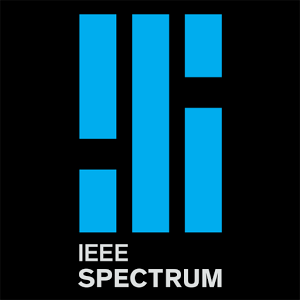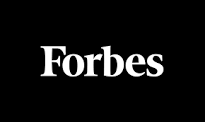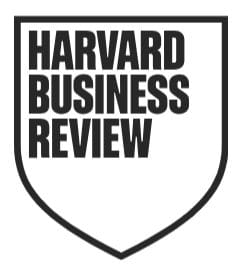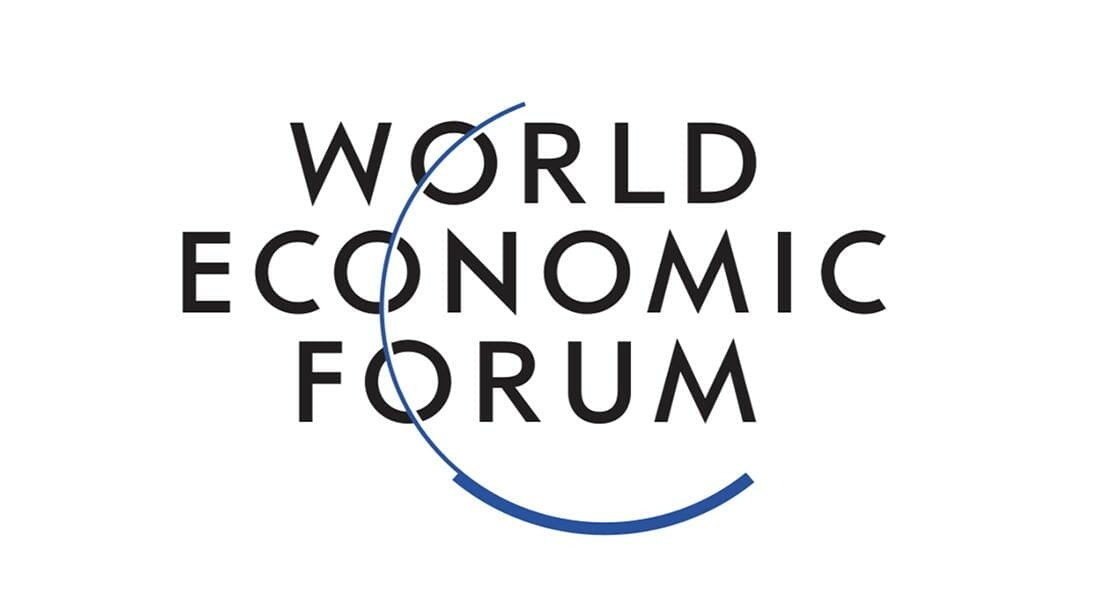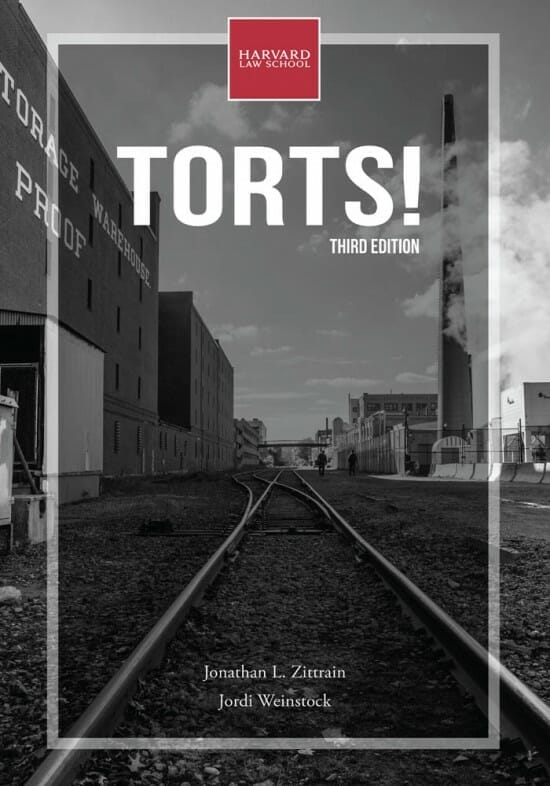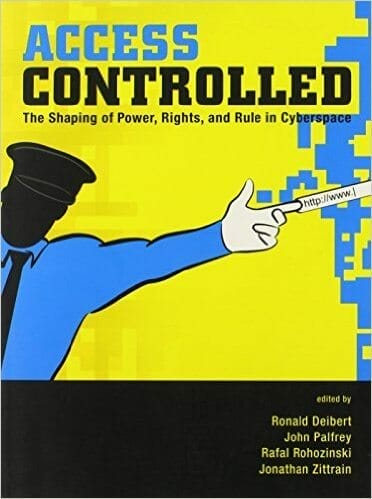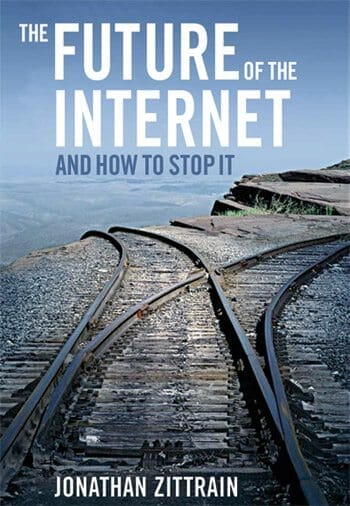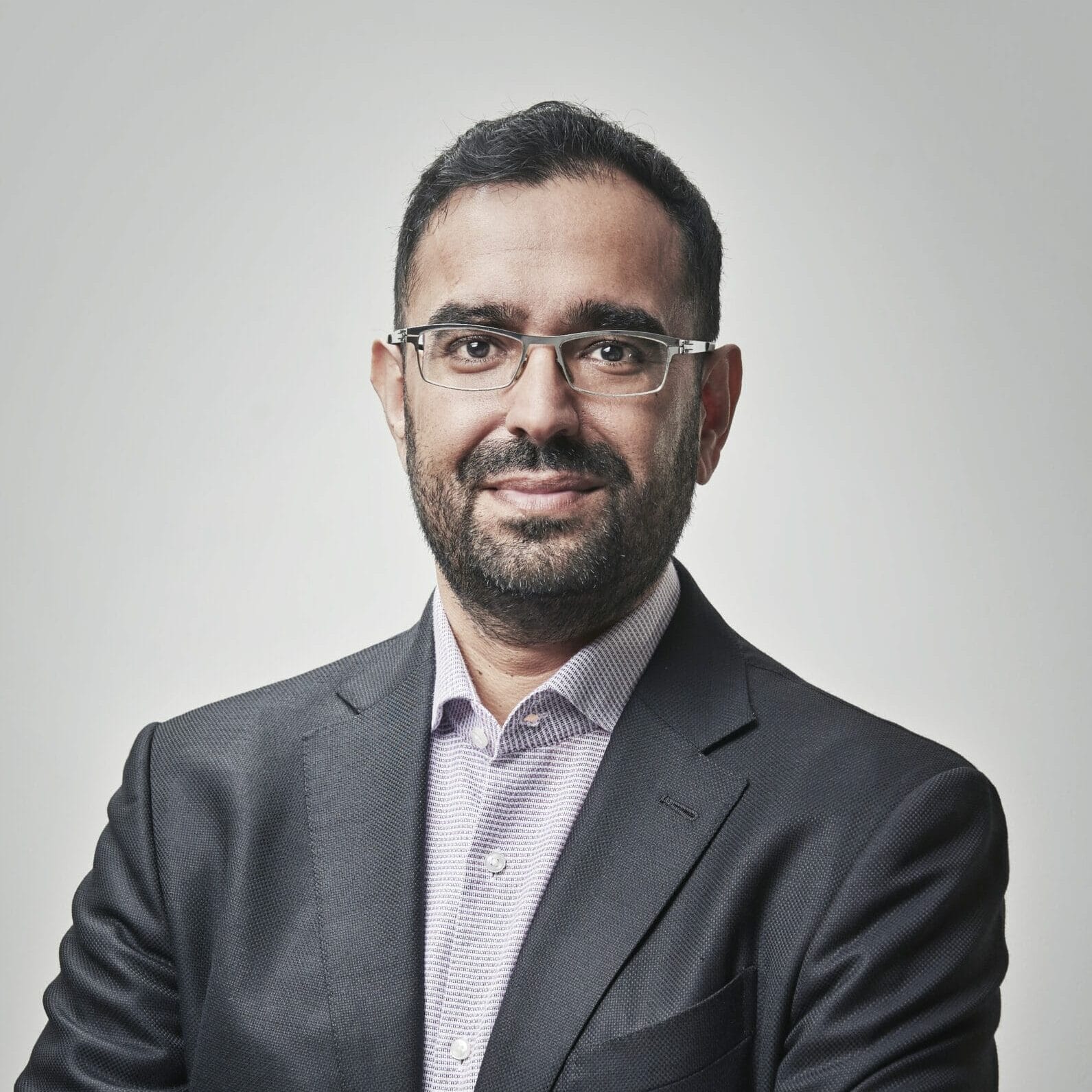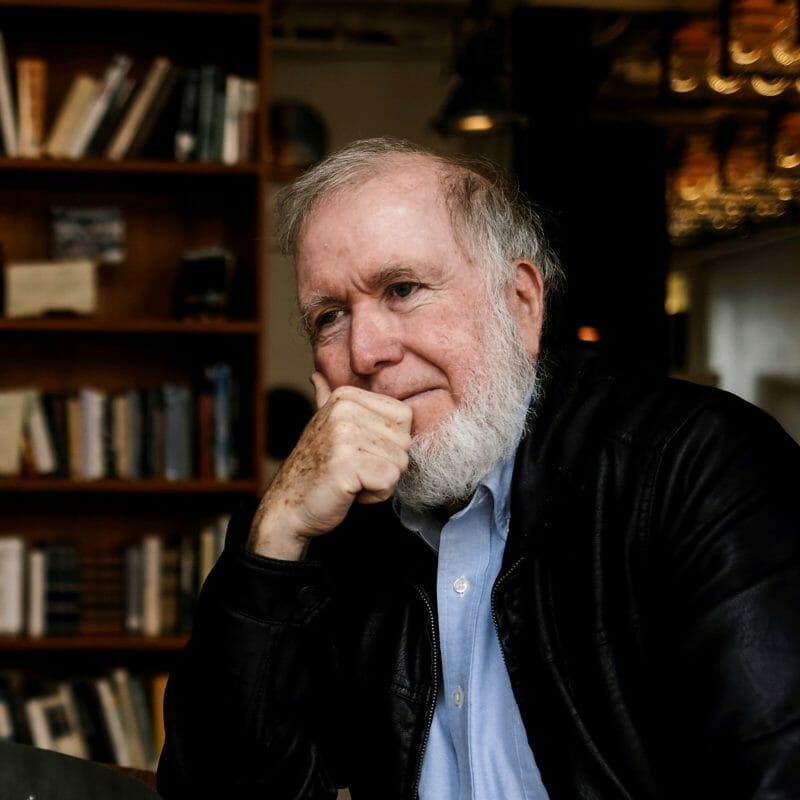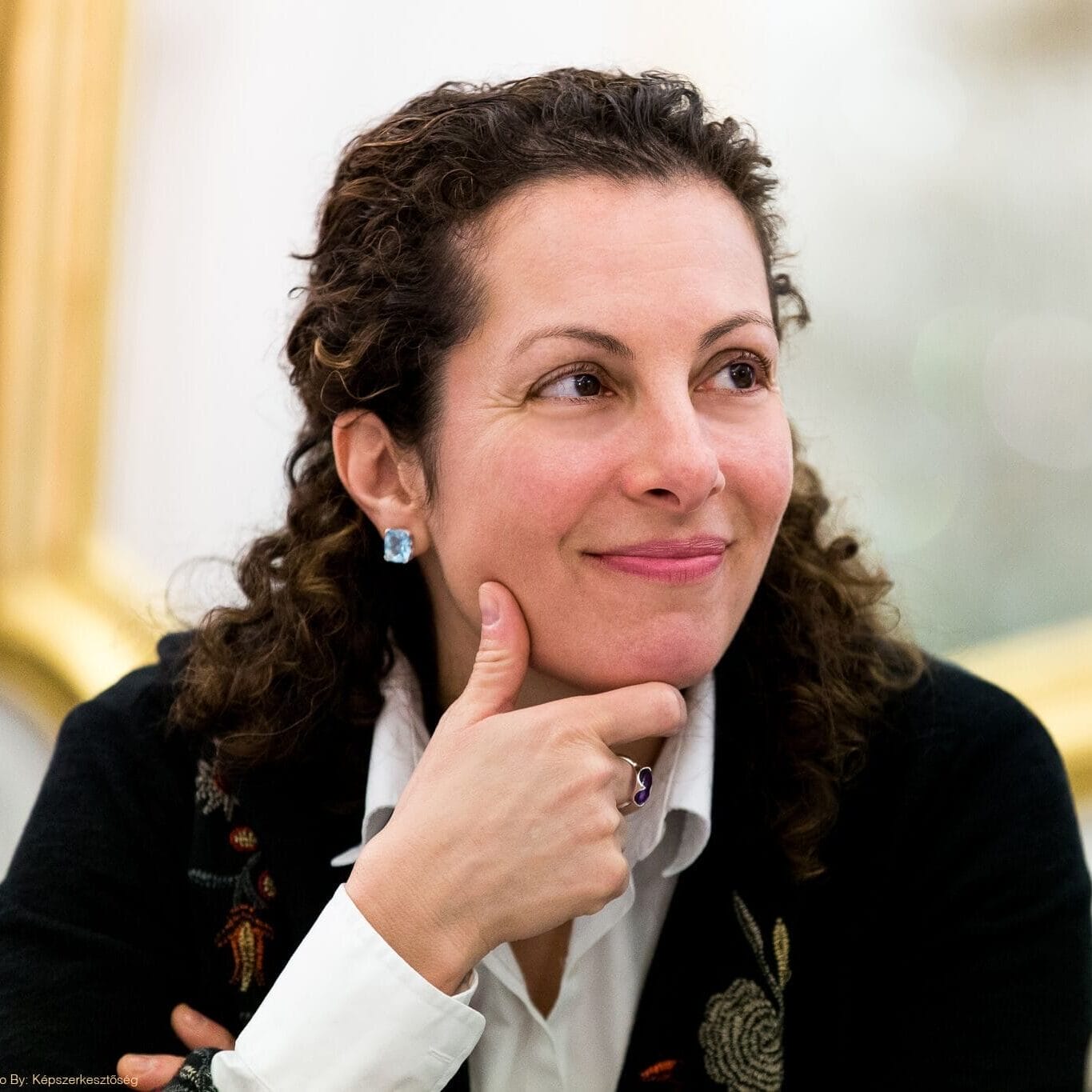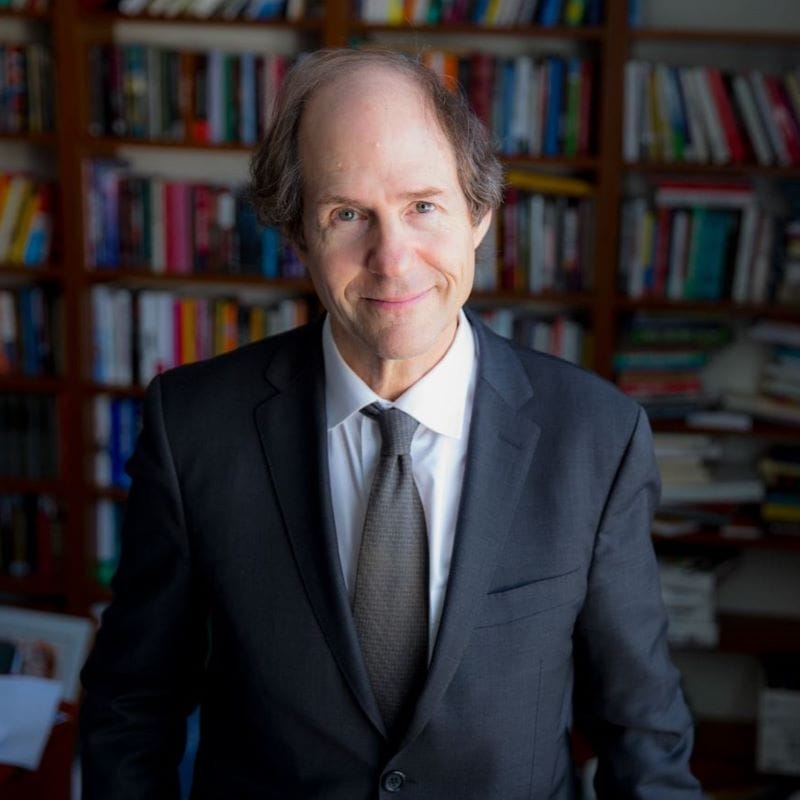Videos
Learn More About Jonathan Zittrain
Still a teenager, Jonathan Zittrain almost became a full-time AI researcher in the 1980s – and then came to believe that problems among and involving people were actually tougher. He’s followed what technology is doing to us, and how we might ourselves shape it, ever since. Today he holds three professorships at Harvard, where he co-founded its Berkman Klein Center for Internet & Society.
Hailed as a top-tier speaker and advisor, Zittrain’s charismatic, informative, and thoughtful style engages audiences of all levels, bridging knowledge gaps with wit, and sidestepping simplistic predictions and frameworks. By cultivating a sense of empowerment, he reassures attendees they need not feel abandoned or left behind, promoting an environment where making complex digital decisions becomes less overwhelming.
Zittrain is not easy to pigeonhole. He is a constitutionalist, a computer scientist, and a policy expert, and clarifies such things as the construction and operation of AI models and the intricate risks posed by engaging them. As a guiding light for organizations venturing into the AI domain, he provides a sobering analysis to assist leaders and institutions in strategy formation and implementation. Nearly fifteen years ago, he wrote the field-shaking “The Future of the Internet – And How to Stop It,” predicting many of the digital issues we confront today. He is working on its sequel, “Well, We Tried.”
How to Stay Safe on the New AI Frontier
Zittrain’s research significantly focuses on understanding the unprecedented fast-paced development and deployment of AI. He uses metaphors and cultural references to make the complex training methods of these models and their eccentric outputs accessible and clear to listeners. He considers what will happen next from a “bottomless wellspring of sustained, companionable conversation” – and helps forge practical strategies for mitigating the many issues and uncertainties.
“The more you know about how something is built, the more you can recognize when it doesn’t make sense,” he observes.
Zittrain adeptly reveals why these AI models, designed to provide coherent answers over factual ones, frequently deliver “hallucinations” and deceptive narratives, and scrutinizes the prospect that these issues can be ameliorated. Zittrain soberly considers AI’s potential hazards – from misinformation and bias reinforcement to job displacement, intellectual property disputes and even existential threats. Zittrain remains an active voice in this dialogue.
With its capacity to transform all business sectors, the implications of AI cannot be disregarded. Zittrain’s insights clarify AI’s complex mechanisms and highlight its potential benefits and risks, enabling leaders to harness the AI revolution to their advantage. Under his guidance, organizations do more than merely brace for AI’s next wave – they actively shape their own future within it.
Jonathan Zittrain is the George Bemis Professor of International Law at Harvard Law School. He is also a professor of public policy at the Harvard Kennedy School of Government, a professor of computer science at the Harvard School of Engineering and Applied Sciences, director of the Harvard Law School Library, and co-founder and director of Harvard’s Berkman Klein Center for Internet & Society.
His research interests include the ethics and governance of artificial intelligence; battles for control of digital property; the regulation of cryptography; new privacy frameworks for loyalty to users of online services; the roles of intermediaries within Internet architecture; and the useful and unobtrusive deployment of technology in education.
Zittrain established the Assembly Program, a three-track fellowship program that convenes cohorts of experts, professionals, and students to develop solutions to complex technology policy issues, including those in cybersecurity, AI and online disinformation. He also championed the development of the Caselaw Access Project, which has expanded free public access to U.S. case law.
Zittrain is a member of the American Academy of Arts and Sciences and the Board of Directors of the Electronic Frontier Foundation. He has served on the Board of Advisors for Scientific American, as a Trustee of the Internet Society, and as a Forum Fellow of the World Economic Forum, which named him a Young Global Leader. He was the Distinguished Scholar-in-Residence at the Federal Communications Commission, where he chaired the Open Internet Advisory Committee. His book, “The Future of the Internet – And How to Stop It,” predicted the end of general purpose client computing and the corresponding rise of new gatekeepers.
Jonathan Zittrain is available to advise your organization via virtual and in-person consulting meetings, interactive workshops and customized keynotes through the exclusive representation of Stern Speakers & Advisors, a division of Stern Strategy Group®.
AI Unleashed: Steering through the Maze of Generative Models
With the explosive growth of generative AI tools like GPT and DALL-E, it’s become an urgent business necessity to gain an understanding of how these large language models work and the opportunities and dangers they pose. Through entertaining, engaging discourse, he takes audiences on a tour of the ups and downs of AI’s evolution, demystifying the intricate workings, benefits and risks of AI models, so participants attain enduring understanding even as the names and capabilities of various models change from week to week. With an approachable style that resonates with audiences of any level of expertise, Zittrain’s insights empower business leaders to make well-informed decisions about integrating AI. Audiences walk away prepared with strategies that enable them to navigate the AI maze with confidence and be ready for any unexpected turns.
Rebuilding the Digital Trust Deficit with Built-In Autonomy and Integrity
Have we lost faith in the digital world due to an onslaught of privacy scandals, misinformation and opaque algorithms? Harvard Professor Jonathan Zittrain is an authoritative voice on how people perceive digital trust and how to rebuild it when it’s been broken. Zittrain proposes a pathway to restore trust, balancing innovation and inclusion. He deciphers complex issues, illuminating the role technology makers and societal institutions play in creating or breaking digital trust. He delves into how we can leverage these powerful technologies while maintaining individual autonomy and community integrity. With Zittrain’s insights, organizations gain confidence in exploring the new tools presented by digital age, such as generative AI, creating an environment that fosters innovation without sacrificing trust. In Zittrain’s reckoning, it’s not about rejecting digital advancements, but about embracing them with a renewed sense of trust and accountability.
Redefining Work in an AI-Driven World
Does your strategic vision for the future show AI as enhancing human work, rather than replacing it? Harvard Law School Professor Jonathan Zittrain, a thought leader on AI and digital technologies, provides an enlightening perspective on how to embrace the way AI, automation and the gig economy are reshaping our concept of work. He argues that AI’s emergence is an opportunity, not a threat, enabling us to channel human creativity into fulfilling, productive roles while routine tasks are delegated to AI. Zittrain’s insights empower companies to strategize for a future where AI and humans coexist harmoniously, leading organizations through how these changes will affect leaders and teams at all levels. Demonstrating strategies that facilitate understanding, foster adaptability, and ensure a future of work that benefits all, Zittrain shows organizations how to flourish in the AI era while still prioritizing the human touch.
Bots at Your Doorstep: Are You Cybersecure in the AI Era?
Are you ready for a new era of cybersecurity, even as the last era wasn’t satisfactorily resolved? Jonathan Zittrain, a pioneering student of cybersecurity, illuminates the path forward for organizations interested in getting a closer look at this quickly shifting terrain. Zittrain provides timely insights into the evolving threat landscape and the unique challenges posed by such things as AI-generated personas. His blend of technical and legal prowess helps businesses understand the complexities and consequences of cyber threats while ensuring data integrity. Zittrain delivers actionable strategies, enabling organizations to not only defend against but also anticipate these emerging threats. With his guidance, leaders and teams emerge as proactive, informed players in the AI-driven digital world, equipped to create proactive cybersecurity frameworks rooted in understanding and adaptability.
Elevate Panels From Ordinary to Extraordinary: A Fresh Approach to Moderation
The most engaging panel discussions stimulate thought, challenge perspectives and facilitate in-depth understanding. Renowned Harvard Law School Professor Jonathan Zittrain is a maestro moderator who makes panels unforgettable experiences for audiences and panelists alike. Zittrain approaches moderation differently than most. He fosters dynamic, organic conversations, encouraging panelists to rethink established viewpoints and adapt to unfolding dialogues. Whether it’s a Socratic Dialogue — where a diverse panel navigates through hypothetical scenarios, exploring complex ethical and value-based questions — or a town hall format that promotes interactive Q&A, Zittrain’s moderating style ensures a captivating exchange of ideas. He also offers a hybrid of these formats, blending the Socratic approach with open discussion, creating a space for decision makers to think aloud. This is not mere moderation — it’s an engaging, thought-provoking journey led by Zittrain’s expertise in law and technology, his witty incisiveness and a shared humility in exploring the known and unknown.
Are You Ready For AI?
Artificial intelligence provokes both excitement and anxiety. Even as the world awaits the vast opportunities of AI, we are wary of the possible ways it can go wrong, and how it can undermine entire business models in the blink of an eye. Jonathan Zittrain, a scholar of the development of the internet, says that as AI becomes more advanced and more common, we must consider three questions:
- How do we successfully embed AI in our technologies?
- What AI breakthroughs are imminent and which ones are in the distant future?
- What are the risks and benefits of deploying AI?
In this presentation, which can be tailored to different audiences and focus on specific subsets of the broader theme, Zittrain explores ways in which AI is already reshaping the world and how it might change in the future. Companies need to develop a deeper understanding of which aspects of AI will be most transformative and how they can respond; what they should embrace and what is merely a passing fad; and the reputational and ethical risks inherent in the technology, and how they can create a framework for containing or addressing them.
NFTs and the Value of Owning the Unownable
“Non-fungible tokens” (NFTs) broke into general awareness through their eye-popping valuations — with people naturally wondering not only who would buy them, but what they are. Harvard Professor Jonathan Zittrain has been researching the minor miracles and major idiosyncracies of the digital era since the Internet first went mainstream. In this talk, he explains what “unowned” technologies like cryptocurrency, the web, and the Internet itself are, and why the very fact that no one readily controls them can lend them special value. But how to distinguish between their genius and their madness? For more insight, see Zittrain’s Twitter thread on the subject.
How Tech Companies Can (And Should) Protect Our Privacy
Over the past decade, our lives have been transformed by social media. Suddenly, we could connect, share information and network with others, all for free. Except it wasn’t free. Instead of paying money, we were exchanging our personal data – and compromising our own cybersecurity – for the ability to easily share online. This has been increasingly problematic as consumers realize – thanks to dramatic scandals and data breaches – how much their own privacy and security have been compromised.
Companies which have access to our information, says Zittrain, should be held to the same standard as doctors, lawyers and other professionals to whom similarly sensitive details about our personal lives are available. Rather than tech companies changing (or being forced to change) their business models wholesale, they can instead embrace a “fiduciary” responsibility to their customers. As threats become more extensive and malicious, digital firms’ protection of our data will become a matter of basic cybersecurity in addition to one of personal privacy, and penalties for not guaranteeing safety will be severe. This presentation is geared toward companies who want to leave a legacy of having changed the world for the better and succeeded financially, as well as the policymakers who are weighing options to deal with those businesses who do not have the desire or ability to embrace change.
Cyber Threats and Terrorism: Are We Secure?
With massive data breaches commonplace and data integrity in doubt, cyber security continues to be a vital policy and legal issue. The challenges are real and plentiful: while the openness of PCs and the Internet has spawned an abundance of connectivity and creativity, it has also brought a growing scourge of spam, viruses, identity theft and cyber-terrorism. But in the face of such threats, the answer is not a move toward simpler, locked-down devices in exchange for security, Jonathan Zittrain argues. He discusses the false starts in understanding the simultaneously underappreciated and overhyped fields of cybersecurity and cyber warfare, and offers a view on where the deepest problems lie – and how to address them. Should we be afraid? Are we prepared? In this presentation, Zittrain will explore:
- Cyber Terrorism and Technology Infrastructure Protection: Why is the government so deeply concerned about it, while proposing only a “partnership” to deal with it?
- Civil Liberties: Zittrain paints a picture of the surveillance society to come and highlights the ethical implications.
- The Cantonized Internet: Get ready for filters left and right—ideological, mercenary, governmental, and ultimately our own, as the idea of a “generally accessible” web site available on “the” Internet recedes into the past.
- Why the Internet of Things is making cybersecurity that much more difficult
Will the Metaverse Be the Holy Grail or a Holy Fail?
Facebook – now Meta – is among the latest companies convinced not only that there’s money to be made in virtual worlds, but that humanity’s future may largely lie there. Whether conceived in textual gaming, reconceived in role-playing environments like Second Life, or now more fully realized in multimedia networks and advanced hardware that create fully immersive experiences, what challenges lie ahead for a society that has already seen the harm such technologies can inflict? Acknowledging that organizations will continue to develop products that push people farther into online environments and away from reality, Jonathan Zittrain – Professor of Law and Computer Science at Harvard University and a leading voice for the ethics of data use – reminds us of the lessons learned from past attempts to populate a metaverse. He gives participants a preview of how this next phase will likely impact such issues as privacy, property, speech and governance, explores related ethical questions, and recommends ways organizations can do better. By being more conscious about how they develop and deploy technologies and who they target, organizational leaders and teams can play a critical role in building the kind of future they want for themselves and their posterity.

Don't Panic: Making Progress on the "Going Dark" Debate
(The Berkman Center for Internet & Society at Harvard University, February 2016)
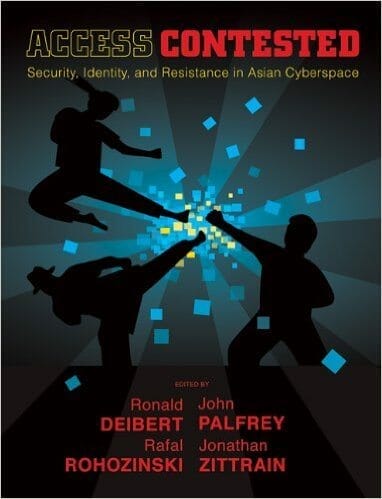
Access Contested: Security, Identity, and Resistance in Asian Cyberspace (Information Revolution and Global Politics)
(The MIT Press, September 2011)
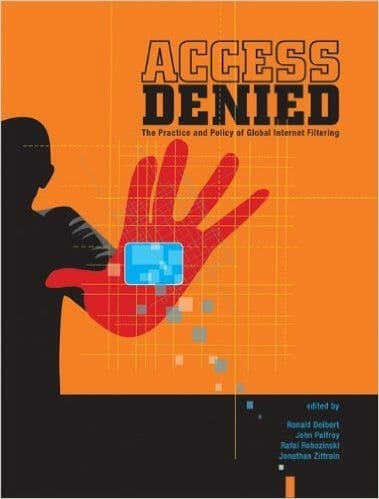
Access Denied: The Practice and Policy of Global Internet Filtering (Information Revolution and Global Politics)
(The MIT Press, January 2008)
“Jonathan was superb. We have never had such a high quality series of executives sharing meaningful insights together in one room like that before in our 9+ year history of doing this. Definitely a format we intend to replicate in other events going forward.”
“These days, it’s hard to be surprised/amazed about new technologies or disruptions that might come true in the near future, but Jonathan’s speech gave me a whole perspective about things I wasn’t even aware of. It’s not only what he says – which is amazing and truly interesting, it’s how he communicates.”
“The highlight was hearing a keynote from Jonathan Zittrain on 'The Future of the Internet and How to Stop It.' He was so entertaining and informative. If you ever have a chance to hear him, take it. We shouldn’t believe that the Net will always be what we have now, plus more. Between aggressive government regulators, technology 'advances,' cautious administrators and political pressure groups, we could end up with less, not more, in the future.”
Awarded Young Global Leader of Tomorrow
“Excellent topic – Professor Zittrain was outstanding – and a relevant topic we should keep on our agenda.”
“Jonathan Zittrain is the ultimate law-tech-policy triple-threat. He teaches internet law at Harvard Law School and at the Kennedy School, is professor of computer science at the Harvard School of Engineering and Applied Sciences, and faculty co-director of Harvard’s Berkman Center for Internet & Society. He’s done interesting work on the possibilities and implications of crowdsourcing, and wrote a cautionary tale about risks of internet capture and lockdown called 'The Future of the Internet–and How to Stop It.' Technology advances quickly, and so do the legal frameworks we use to understand it. But Jonathan seems to be living in the future and explaining it to us in the present. Which is cool.”
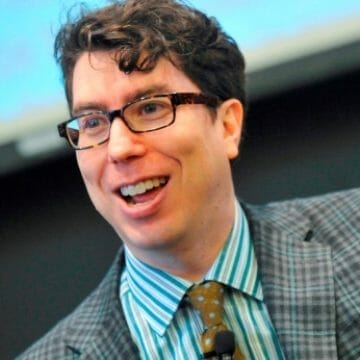




















![[Virtual] Challenges in Digital Technology Then and Now](https://i.ytimg.com/vi/gUgjtljBPmw/hqdefault.jpg)




